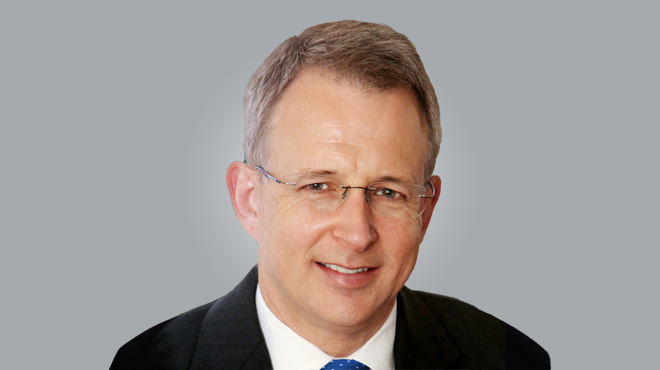Q&A with new communications minister Paul Fletcher
New communications minister Paul Fletcher has been given a challenging role as the media industry continues to face massive changes and compete with the global online giants. As the re-elected government deals with the effects of its media reforms and prepares for the release of the ACCC digital platforms review, Mumbrella’s Paul Wallbank sat down for a cup of coffee with the minister for his view on the industry and the challenges in his portfolio.
With incumbent minister Mitch Fifield stepping down after the last election, Paul Fletcher’s appointment as minister was greeted by wide acclaim by industry bodies, so Mumbrella took the earliest opportunity to chat with the minister about his priorities following his predecessor’s changes to the industry and the looming digital platforms report.
Fletcher has served a long apprenticeship on his path to his current role, having served as an advisor to Howard-era communications minister Richard Alston in the late 1990s before joining Optus as director of corporate and regulatory affairs in 2000.



What is the Communications Minister doing about the explosion of Robocalls and related phone Scams, defrauding millions of Australians?
While the US government has passed a bill to force telcos to restrict network access to dodgy operators, we have had no such announcement from Canberra.
My family and friends and I have been getting several calls a day on each number from persons claiming to be from the ATO, the police, NBNCo, or banks / insurance / utility companies that we have never been customers of, and the frequency of calls continues to worsen every month. Being listed on the donotcall register hasn’t helped, and our own phone provider isn’t able /interested in helping us.
Is clearly time for the federal government to do something about this growing issue.